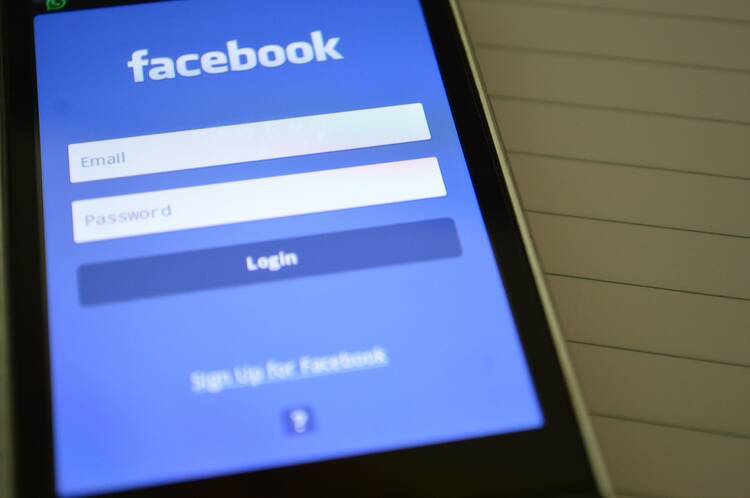When Facebook employees noted that a number of Donald J. Trump’s posts—for example, his call for a ban on Muslims entering the United States—violated the site’s hate speech policy, Mark Zuckerberg stepped in to preserve them in the name of free speech. In a leaked internal message published by The Wall Street Journal, Mr. Zuckerberg explained: “I know there are strong views on the election this year both in the US and around the world. We see them play out on Facebook every day. Our community will be stronger for its differences—not only in areas like race and gender, but also in areas like political ideology and religion.”
It is surprising to see Facebook’s chief executive employ a moral defense of free speech. Mr. Zuckerberg has claimed on numerous occasions that Facebook is “a tech company, not a media company” and thus remains neutral toward content. His willingness to discuss competing values is far more persuasive than the company’s typical insistence that it is not accountable for what appears in a user’s news feed.
Implicit moral values baked into algorithms and filters should be made more explicit and discussed across the technology industry. Even as Facebook protects Mr. Trump’s free speech in the name of allowing political debate, it has been accused of suppressing posts that expose police brutality. As more of our news is filtered through social media, we should demand honesty and transparency about how these information gatekeepers shape public discourse. Claiming, “We are a technology company” does not exempt Facebook from criticism for the impact it has on important moral and civic discussions.








